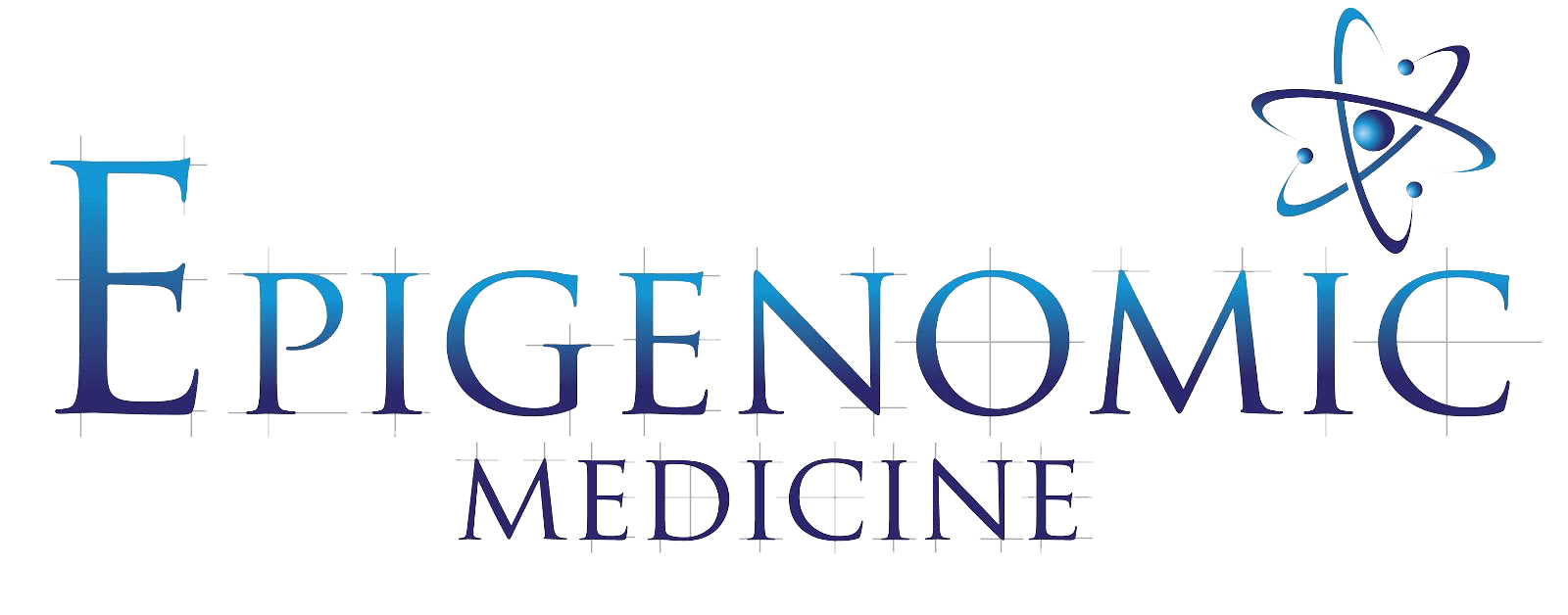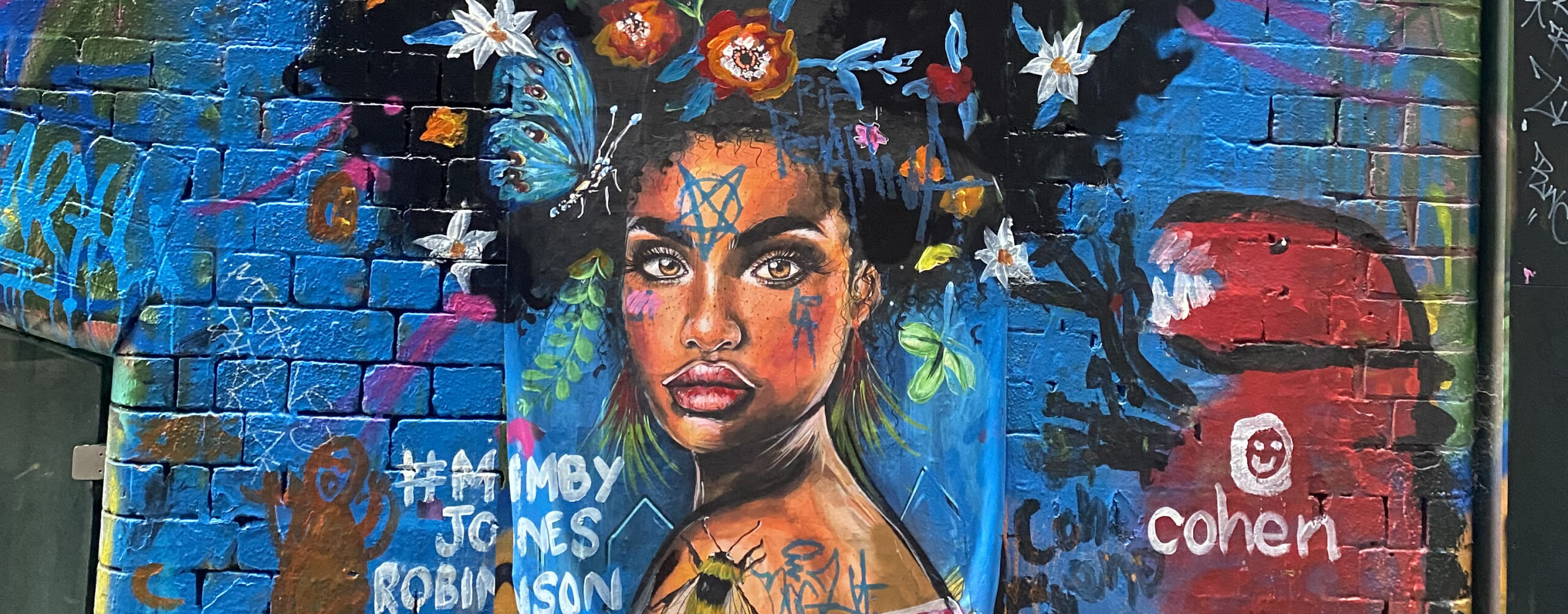The vaccination race is ongoing around the world with over 50% of the population now “immunised”…
against COVID-19 (~7.3 billion doses administered). Of course, there is great disparity between the more affluent countries compared to the less affluent – the extreme example is a comparison between the United Arab Emirates (98% of the population partially vaccinated; ~87% fully vaccinated), and Yemen (less than 1% of the population fully vaccinated and ~1% partially vaccinated). There have been attempts at enhancing distribution of vaccine to the less affluent countries but these have not made a very significant impact just yet.
To (partially) address the issue the Bill & Melinda Gates recently announced a $120 million commitment to get COVID-19 pills to countries in need. On the topic of pills, we a now at a point we have at least two designated antivirals – one from Pfizer and one from Merck. The Merck pill, named in honour of Thor’s hammer [Mjolnir], molnupiravir, was first approved in the UK; Governments around the world are now making acquisitions.
Pfizer’s pill involves a combination of the new antiviral compound with a low dose of older drug, ritonavir; it is said to reduce hospitalization by 89%. Both the Merck and Pfizer antivirals – block the replication of the virus (as the word “antiviral” suggests), by inhibiting key proteins required for the viral life cycle. Molnupiravir inhibits the RNA-dependent RNA polymerase and the Pfizer drug the main protease. These are essential for viral replication and produced in the host (our) cells once the virus enters.
This is very good news (although there will definitely be side effects – hopefully not too severe), and in other good news, a large clinical trial identified that the commonly used (and cheap), antidepressant, fluvoxamine, can prevent severe COVID-19 and hospitalization. This is a great achievement in “drug repurposing”, and maybe there will be more to come. The use of dexamethasone could be considered drug repurposing but, not strictly, because steroids are typically used as anti-inflammatories and for lung pathologies. Despite the technicalities – great news!
Anecdotally, vitamins (C, D) and minerals (zinc) are thought by some to help – and they have promoted by some high profile influencers but the definitive scientific evidence is lacking; it will be interesting to see if ay “supplement” emerges as therapeutic against COVID-19. The advantage of cheap pills, and perhaps supplementation is that they might reach people who are either avoiding vaccination or can get access to the vaccine.
In many of the more affluent it looks like that despite mandates and passports and other threats, ~10-15% are going to “refuse” vaccination forever; hopefully, there’ll be some other alternatives to protect them adequately.
Until next time …

